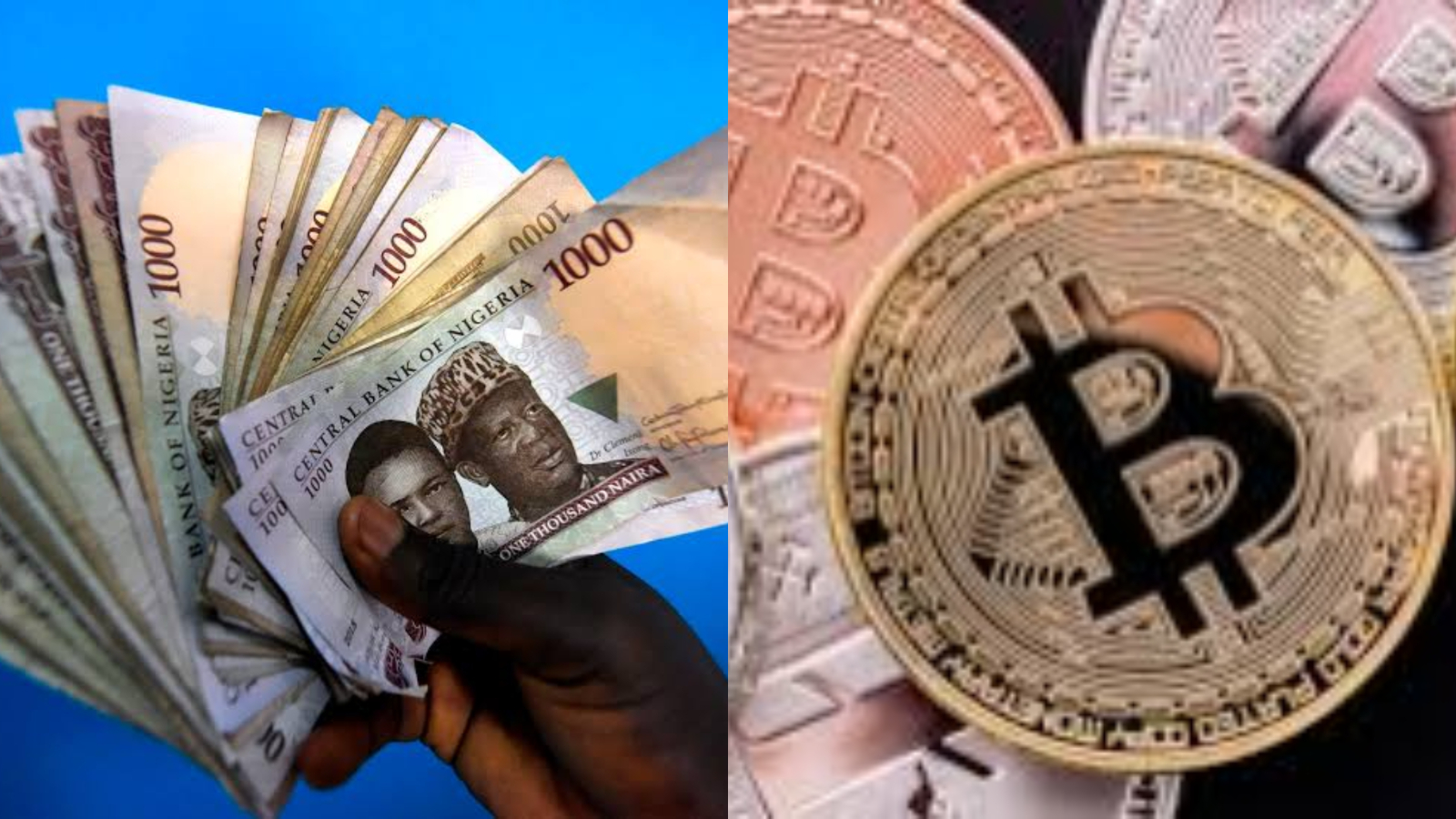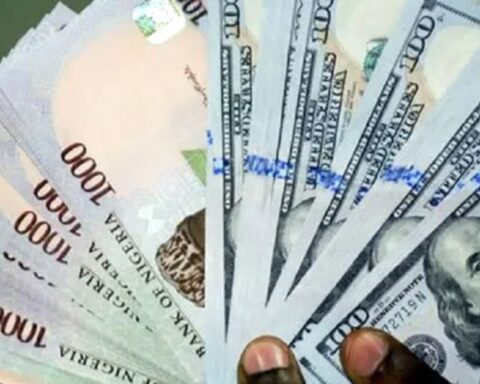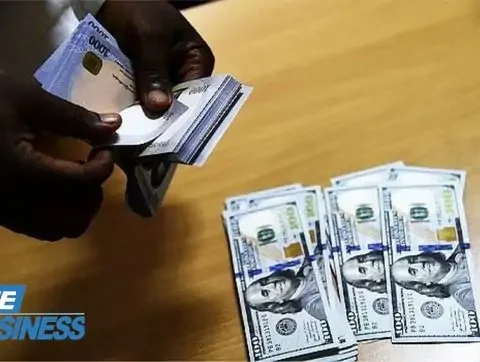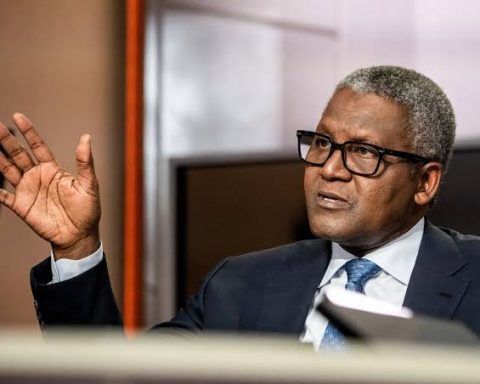The Central Bank of Nigeria (CBN) has dismissed the connection between the naira and cryptocurrency market, stating that the Nigerian currency doesn’t mirror any cryptoasset.
Nigeria’s financial regulator’s statement comes amid naira’s deteriorating value against foreign currencies in the black market, which many believes reflect reality of the foreign exchange market, compared to the official exchange market, Investors & Exporters window.
Join our WhatsApp ChannelThe dollar exchange in naira had crossed N700 last week, after a week-long downward trajectory, on the heels of the cryptocurrency market slumping. While the former increased the cost of living in Nigeriia, the latter caused many investors to lose money.
Despite both legal tender and digital currencies (with bitcoin and ethereum taking leading) dwindling in value during the same period, the central bank dismissed any connection between them.
In a statement titled, “The forex question in Nigeria: Fact sheet” which was released to defend the central bank’s position after criticism from Nigerians, the apex bank hinted that the scarcity was the cause of the naira’s depreciating value, and not cryptocurrencies.
The financial regulator explained that due to the volatility of the cryptocurrencies, many national legal tenders are not driven by the digital currency market.
“The current exchange rate of the Naira, like other major currencies, is not driven by cryptocurrencies, given the volatility in the cryptocurrency space, which lost over two trillion in the past two years in face of high inflation.
“The high inflation in other climes and the hike in interest rates have heightened pressures on the exchange rate. This has triggered capital flow reversals from Emerging Markets and Developing Economies (EMDEs) to more advanced economies.
“The United States (U.S.) dollar is gaining against all major currencies of the world. The imbroglio in Nigeria’s tertiary educational sector has triggered an exodus of students from Nigeria schools, with its attendant payment of fees in foreign exchange. Summer travels by Nigerians has also impacted on the demand side of the foreign exchange market.” it said.
CBN further hinted that the demand for foreign currencies to import goods into the country amid scarcity had affected the value of naira, which caved under pressure.
“There is un-abating demand for foreign exchange for both goods and services, thereby creating a demand challenge.” The statement reads.















